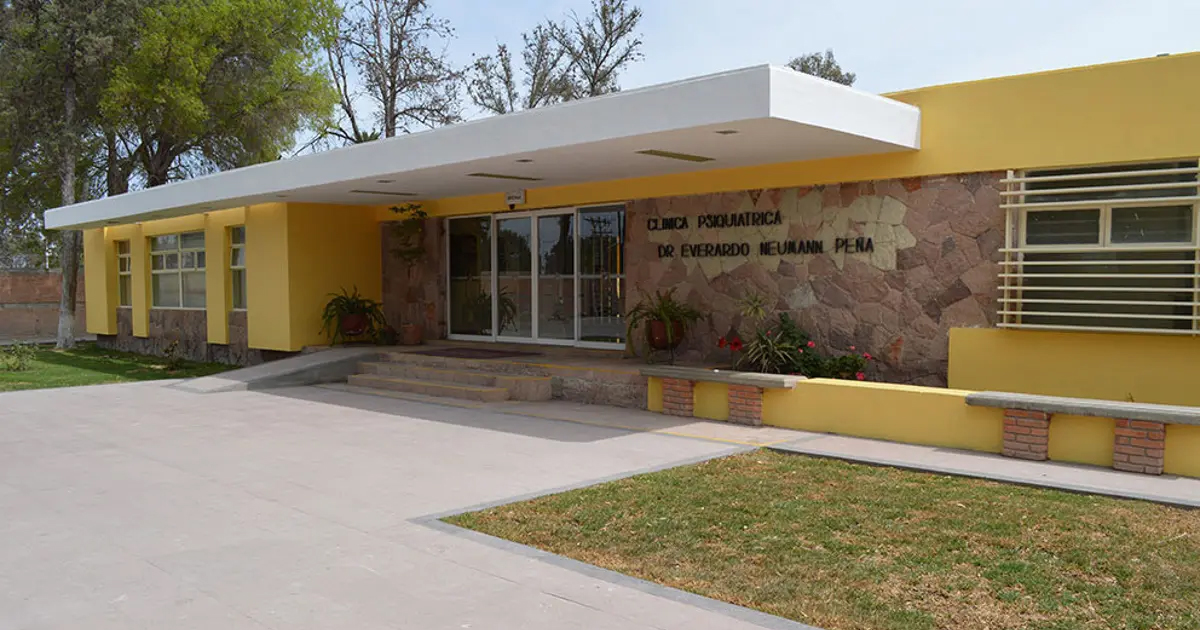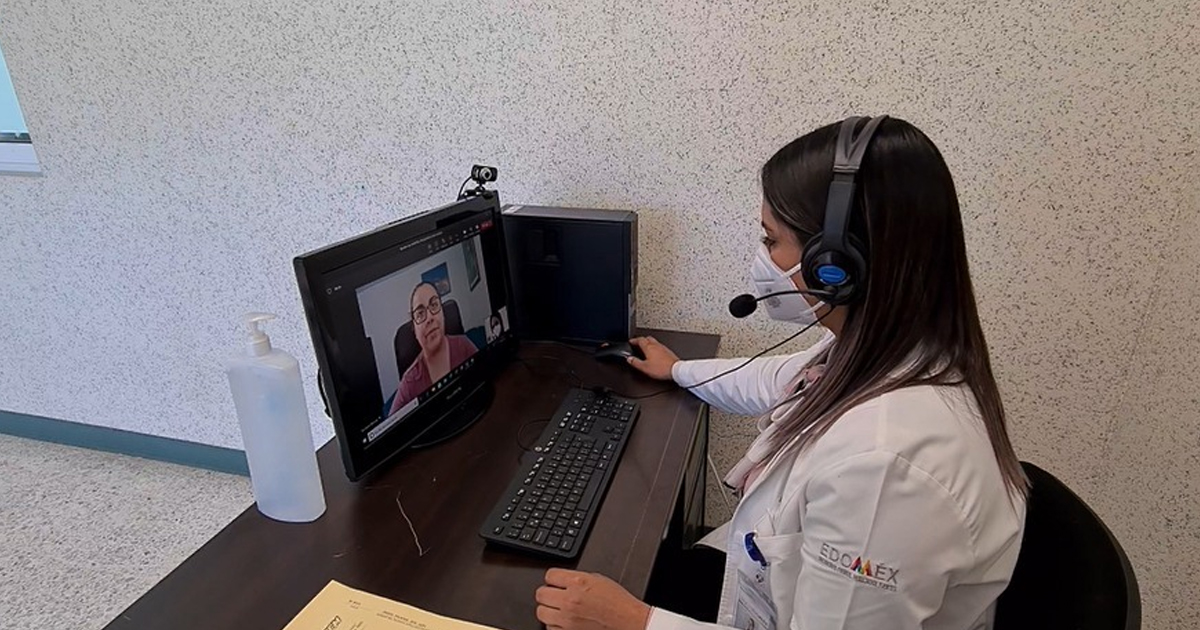Software created by American universities and the UK’s Crick Institue seeks to improve cancer predictions through genetic relationships.
Working in conjunction with several study centers and universities including the Crick Institute, UCLA (University of California, Los Angeles), and its Comprehensive Cancer Center, the Oregon Health & Science University and, the Oxford Big Data Institute and the University of Toronto, new open source software was developed that determines the accuracy of genetic predictions through tumor samples.
Computer tools have now been developed that aim to predict and find genetic characteristics within clinical tumor samples, however, there is no standardization for the evaluation of samples through computational methods.
This article, published in Nature Biotechnology, shows the development of software that seeks to establish a benchmark for computer predictions in cancer. The software works through a simulation framework and a scoring system, evaluates how accurately each algorithm works and its effectiveness in measuring genetic diversity such as: the proportion of cancer cells in the tumor sample; the number of genetically different groups of cancer cells in the tumor sample; the proportion of cells within each of these groups; what genetic mutations were in each group; and the genetic relationship between the groups.

Our new framework provides a foundation which, over time as it is run against more tumours, will hopefully become a much-needed, unbiased, gold-standard benchmarking tool for assessing models that aim to characterise a tumour’s genetic diversity,” said lead author Maxime Tarabichi of the Crick Institute's Cancer Genomics Laboratory.
Research showed 580 predictions, which added new features to the software to make more effective predictions. "Computer simulations in cancer genomics are helping us develop more accurate tools, as we understand where these tools perform well, and where they need improvement," explained Peter Van Loo of the Cancer Genomics Laboratory.
Such advances would benefit patients for specialists to provide them with personalized care and appropriate medications according to their condition.






